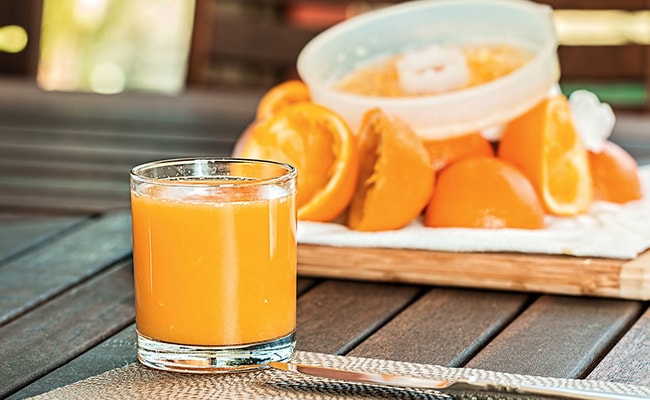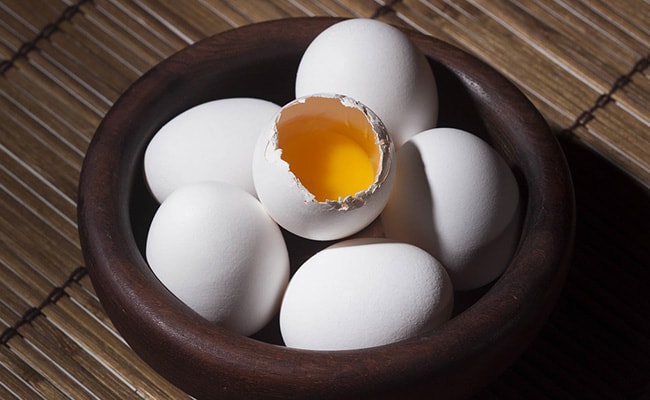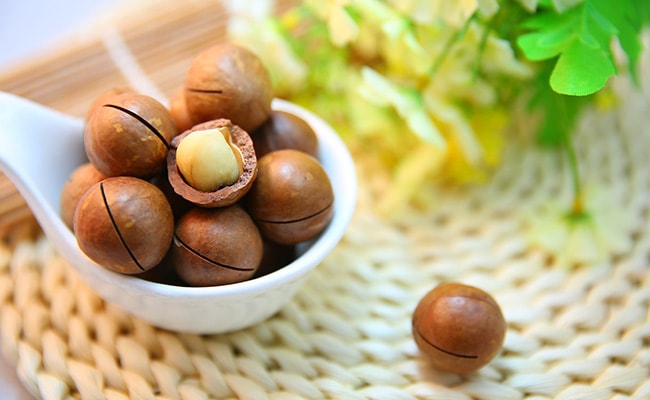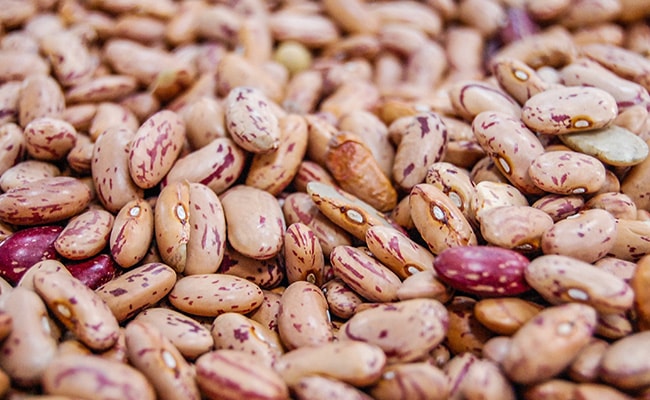Blood donation is a life-saving act. So, never be afraid to do it. You are not going to run out of blood just because you donated a few milliliters of it to save someone’s life. In fact, according to the researches, donating blood once in a while helps to purify the blood in your body keeping you healthy. Also, the body can reproduce blood continuously. So, even if you donate a few bags of blood to someone, you won’t be short of it. But it’s important to eat the right food before and after donating blood; so that, you stay healthy and ready to have a great day ahead without experiencing conditions like dizziness or fatigue.
If you eat iron-rich food a few days before donating blood, your blood will be full of nutrients and it will also benefit the person receiving your blood. Like that, after you have donated blood, it is important to eat the right kind of food that will replenish the nutrients you have lost.
Benefits of donating blood
According to the American Red Cross, one blood donation can save three lives. In the US, a person needs blood every two seconds. So, you can actually help a lot of people by donating blood. Apart from saving others’ lives, blood donation has several health benefits too.
- It can reduce stress and improve your emotional condition. Donating blood will give you an altruistic feeling and you will feel happy about it.
- It lowers the risk of a heart attack. When you donate blood regularly your body has less iron and it helps to prevent a heart attack.
- There is a low risk of having cancers that are linked to high iron levels in the body. So, you will lower the chance of having liver, lung, esophagus, colon or stomach cancer by donating blood regularly.
- You get a free health check-up when you donate blood. The physician checks your blood pressure, body temperature, hemoglobin levels, and pulse. So, any health problem can be detected from these screenings. Blood-borne diseases such as HIV, hepatitis B, hepatitis C can be identified immediately.
- Regular blood donation can help you lose weight. In fact, you can lose up to 650 calories after each donation.
Side effects of donating blood
The side effects after donating blood are not the same for everyone. It depends on your health condition, body weight, diet, etc. Here are the common side effects you may experience:
- Dizziness
- Lightheadedness
- Nausea
- Feeling faint
- Fatigue
- Anemia, etc.
Sterile equipment is used while taking blood. So, there is no risk of contracting any disease. You may experience some bleeding right after taking blood. But there is nothing to worry about. Just apply pressure and raise your arm a couple of times; the bleeding will stop. Some people have a bruise in the area where the needle was inserted. It may last for up to three days. So, it’s very important to eat the right kind of food to make up for the lost iron and vitamins.
Best foods to eat after blood donation
After donating blood, you should eat foods that are rich in iron, vitamins and other nutrients. It is necessary to drink plenty of fluid and to take rest. Here are the ten best foods you can eat after blood donation.
1. Orange Juice
Orange juice is a great source of plant-based iron and vitamin C. Right after donating blood, it’s important to drink some kind of fluid. So, why not drink an iron-rich drink instead of plain water? Orange juice can help you get rid of the dizziness. It also has various health benefits.
- It boosts immunity.
- Orange juice is good for the liver.
- It prevents cancer.
- Its anti-inflammatory property helps to heal pain.
You should drink two glasses of orange juice a day after donating blood. It will keep you hydrated and healthy.
2. Spinach
Iron in the blood is important to carry oxygen to our tissues. It helps to produce healthy red blood cells. You must eat iron-rich foods after donating blood in order to make new blood cells. Iron deficiency can cause anemia. Spinach has lots of iron and you can include it in your meal regularly.
3. Liver
The liver has high concentrations of folate and vitamin B12. The folate in the liver helps to make new blood cells. It helps to convert food into energy which will help you to get back to your regular activities after donating blood. The liver also contains vitamin A which is good for your eye and skin.
4. Eggs
Eggs contain riboflavin or vitamin B2 which is required to produce red blood cells. Here are some benefits of eggs:
- Egg contains the highest biological value for protein.
- It has disease-fighting nutrients such as zeaxanthin and lutein.
- It contains choline which helps in brain development.
Eggs will give you energy after donating blood, so you won’t feel weak. So, just after donating blood, if possible, have an egg.
5. Nuts
Nuts contain iron, vitamin B-6, and folate. So, nuts are perfect for replenishing the nutrients that are lost from your body after donating blood. You can choose peanuts, almonds, cashews, and walnuts. Cashew nuts have a high content of protein and carbohydrates compared to the other nuts. So, you can eat a handful of cashew nuts every day after donating blood.
6. Milk
Dairy products like milk and yogurt contain riboflavin which helps to turn carbohydrates into energy. Milk also contains protein, potassium and vitamin B12 and all these give you energy; so you won’t feel weak. Potassium will help to maintain healthy blood pressure as many people tend to have low blood pressure after donating blood. Vitamin B12 provides healthy blood cells that are important for better blood circulation around the body.
7. Banana
Banana contains vitamin B-6. Banana not only helps to make healthy blood cells but also helps to break down proteins. After giving blood you need lots of protein, and banana is a good source of protein. It is very nutritious and the benefits of eating banana are just endless.
- It helps in digestion and builds up metabolism.
- It reduces high blood pressure and fights anemia.
- It is a powerhouse of nutrients and contains potassium, magnesium, calcium, folate, riboflavin, iron, and other essential vitamins and minerals.
8. Beans
Beans contain folate, protein and other important nutrients that are required by the body after blood donation. Beans also contain iron which will help to make up for the loss of iron in blood after blood donation. It also contains folate and antioxidants which are good for the body.
9. Meat
Iron is an important component of hemoglobin which circulates oxygen from our lungs to other parts of the body. When you donate blood, you lose iron, so you need to make it up by eating iron-rich foods. You will find two types of iron in foods: heme and non-heme iron. Heme iron is better as it absorbs easily and boosts your iron levels quickly. Meat is a great source of heme iron. So, you should include meats like lamb, beef, pork, and poultry like turkey and chicken in your diet that are rich in heme iron.
10. Fish
Fishes like tuna, haddock, shrimp, and mackerel contain heme iron. Having fish in your everyday diet will help you to replenish the iron and other nutrients you have lost. Fish also contains omega-3 which has lots of health benefits.
Eating these foods after donating blood can give you energy and help the body start rebuilding the blood cells that are lost. Apart from these foods, you must drink plenty of fluids. In fact, you should increase your regular water consumption by four cups after you have donated blood. It will prevent your blood pressure to drop. You should also take plenty of rest and avoid strenuous activities for the next 24 hours after blood donation in order to minimize the side effects.










